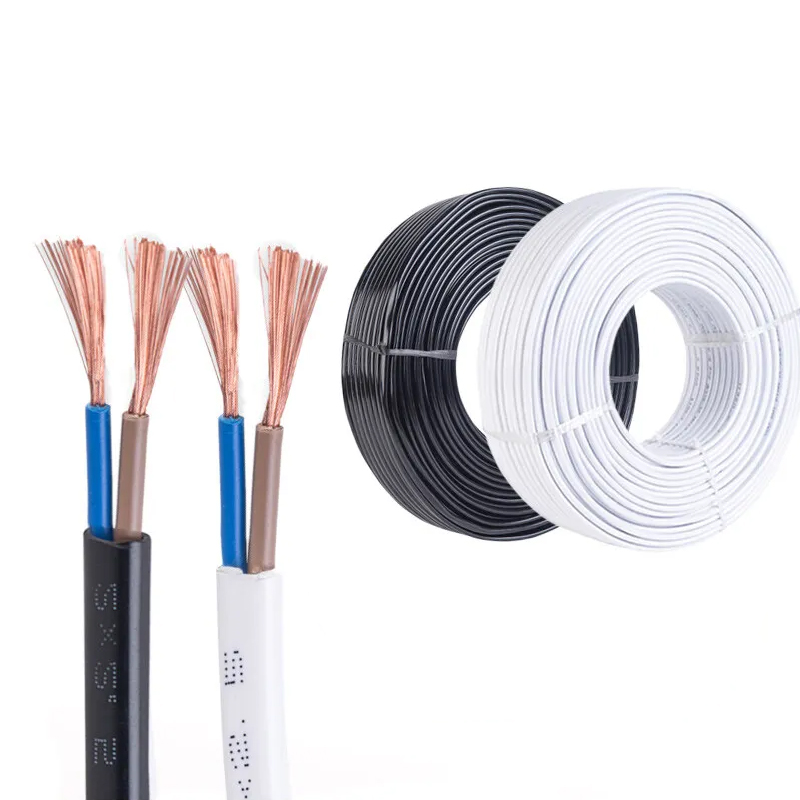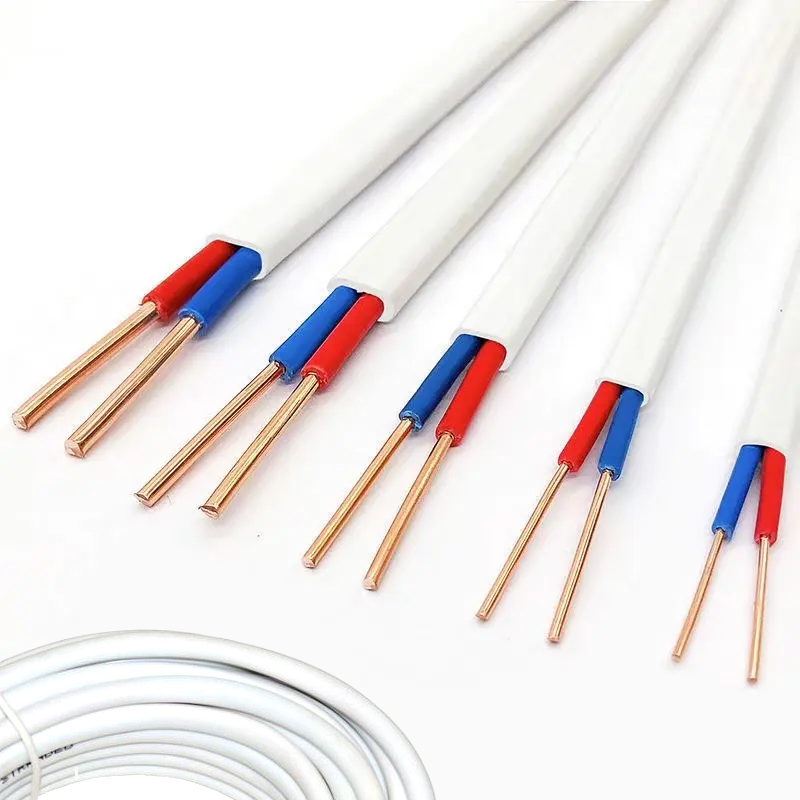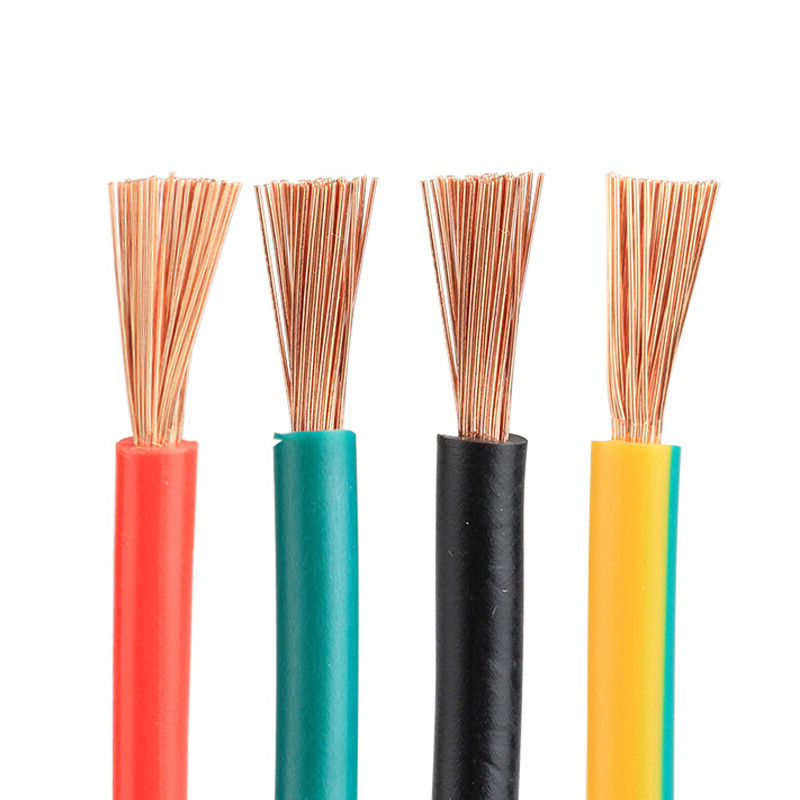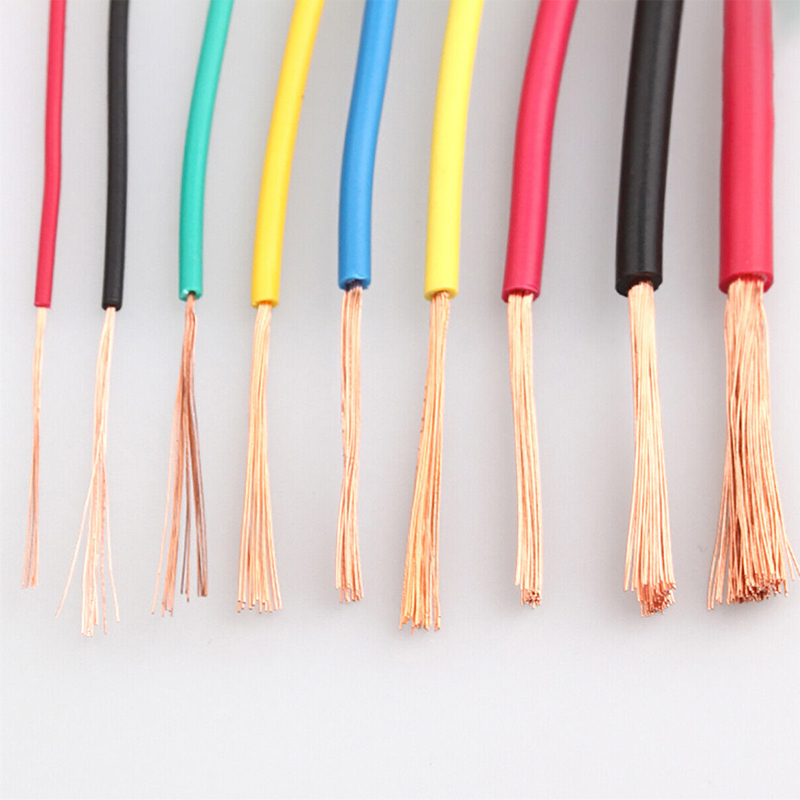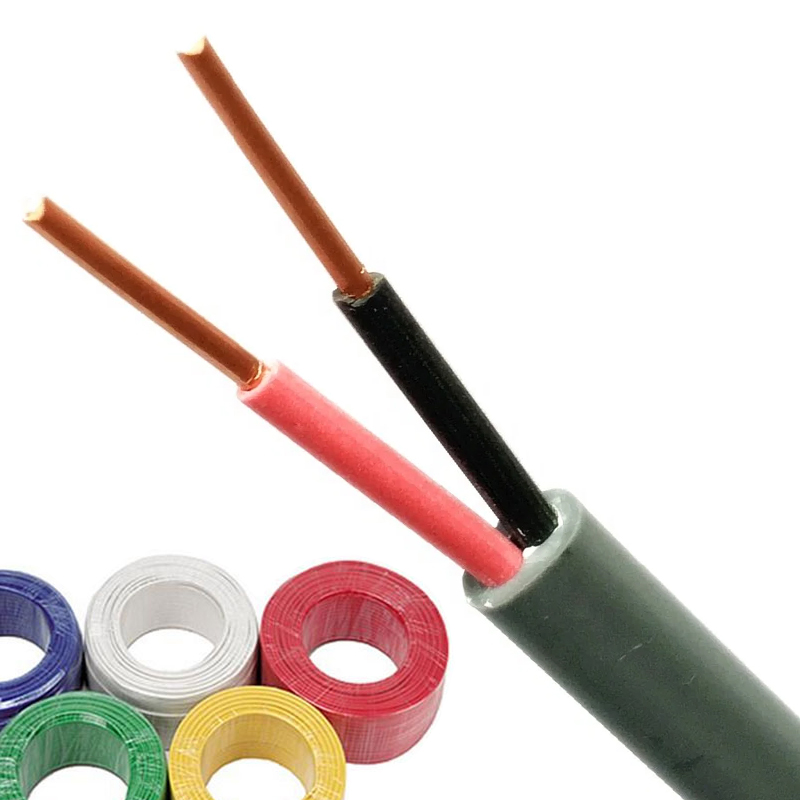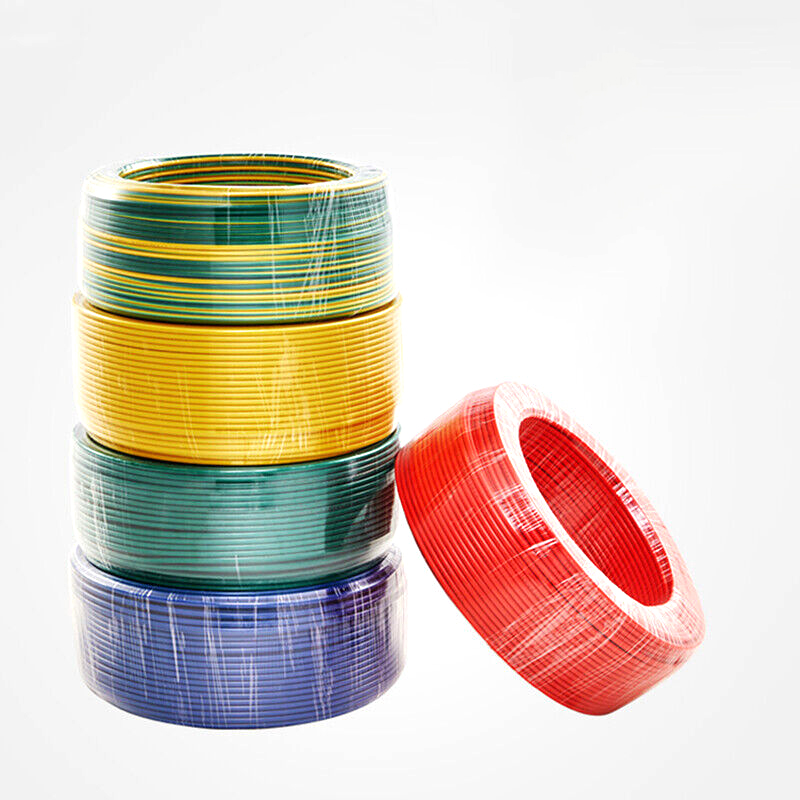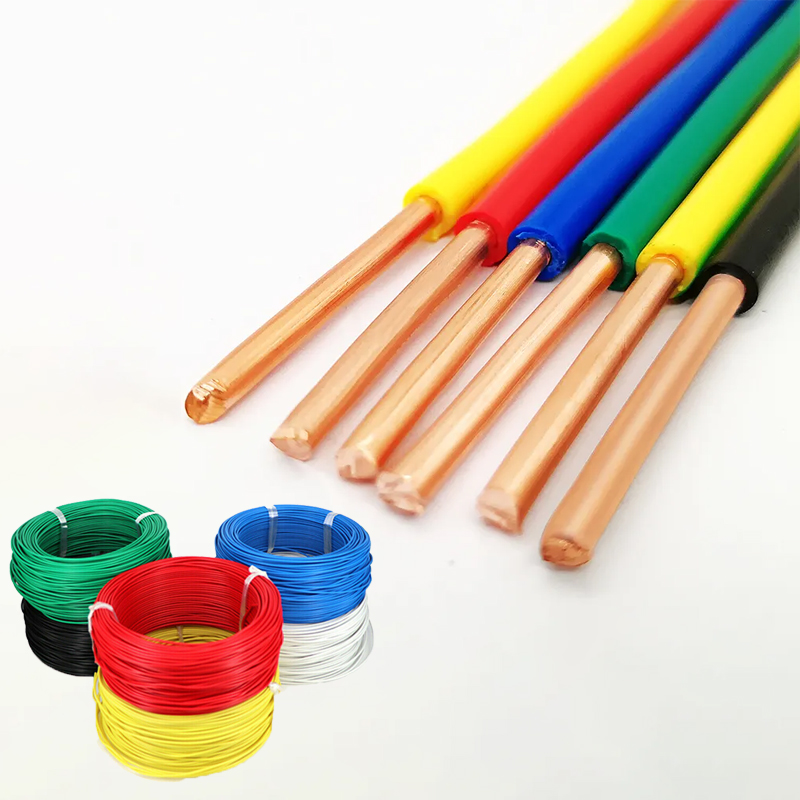ՇԵՆՔԻ ԼԱՐ
Building wire, commonly used for electrical wiring in residential, commercial, and industrial buildings, is typically made of copper or aluminum conductors. The conductors are insulated with materials such as PVC (polyvinyl chloride), XLPE (cross-linked polyethylene), or other suitable insulating materials to provide electrical insulation and protection. The insulation is then covered with a jacket or sheath, which may be made of PVC, nylon, or other thermoplastic or thermosetting materials to provide additional mechanical protection and resistance to environmental factors.
The choice of materials for building wire is based on factors such as electrical conductivity, mechanical strength, resistance to heat and moisture, and compliance with safety and building code regulations. Copper is a popular choice for building wire due to its excellent electrical conductivity and corrosion resistance, while aluminum is often used for larger power distribution applications due to its lighter weight and cost-effectiveness. The insulation and jacketing materials are selected to ensure the wire's safety, durability, and compliance with industry standards and regulations.
Where Is Building Wire Used?
Building wire is used for a wide range of electrical wiring applications within residential, commercial, and industrial buildings. Some common uses of building wire include:
1. Electrical Wiring: Building wire is used to connect electrical outlets, switches, lighting fixtures, and appliances to the main electrical supply within homes, offices, and industrial facilities.
2. Power Distribution: It is used for power distribution within buildings, including the wiring of circuit breakers, distribution panels, and other electrical components to ensure the safe and reliable distribution of electricity.
3. Construction Projects: Building wire is essential for new construction, renovations, and building expansions, providing the electrical infrastructure necessary for lighting, heating, cooling, and various electrical systems.
4. Industrial Machinery: In industrial settings, building wire is used to power and connect machinery, equipment, and control systems, supporting the electrical needs of manufacturing and production facilities.
5. Data and Communication: Building wire may also be used for low-voltage applications, such as structured cabling for data networks, telecommunication systems, and security and surveillance installations within buildings.
What Is Building Wire And Why Is It Important In Electrical Installations?
Building wire refers to the electrical conductor that is specifically designed for use within residential, commercial, and industrial buildings. It is typically made of copper or aluminum and covered with insulation materials such as PVC, XLPE, or other thermoplastic compounds. These wires are used to carry electrical current safely to outlets, lighting fixtures, switches, and various electrical devices within a structure.
The importance of building wire lies in its role as the backbone of a building’s electrical system. Without properly selected and installed building wire, the entire electrical infrastructure could face risks such as overheating, short circuits, or even fire hazards. Building wire is designed to handle specific voltage and current levels, ensuring reliable power distribution while minimizing energy loss. Additionally, its insulation provides protection against electrical shock, mechanical damage, and exposure to heat or moisture.
Building wire is categorized based on conductor size, insulation type, and intended application. For example, THHN and THW wires are common in North America, while other regions may follow IEC or local standards. Choosing the correct building wire requires consideration of load requirements, environmental conditions, and compliance with electrical codes.
In practice, building wire is used in virtually all types of construction projects—ranging from homes and office buildings to factories and shopping malls. It ensures that electricity is delivered safely and efficiently to support modern living and working environments. In summary, building wire is an essential component of safe electrical installations, and proper selection, installation, and maintenance are crucial to long-term reliability and safety.






